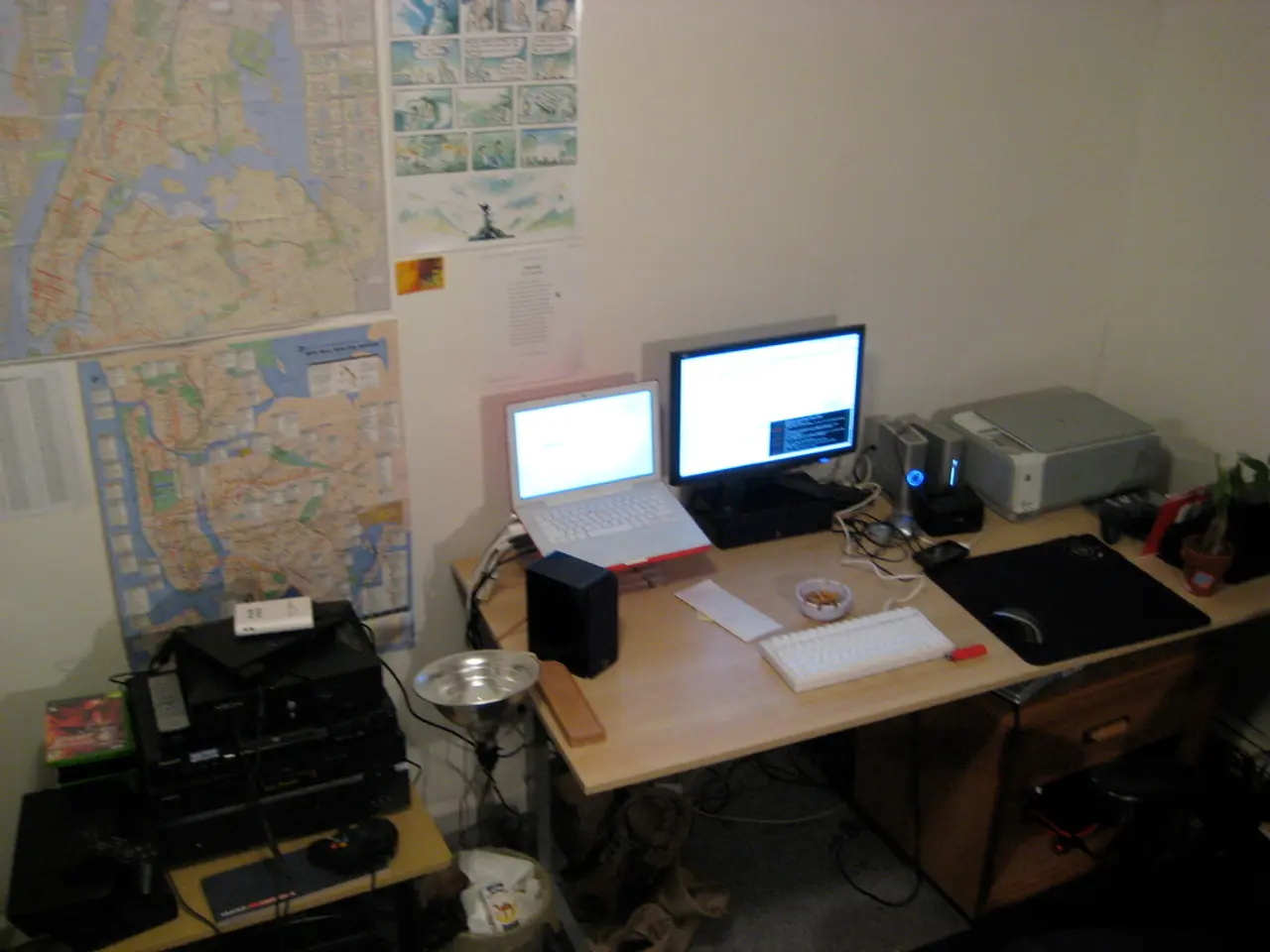OpenAI's Stargate Project to Boost HBM Demand to 900,000 Wafers Monthly
OpenAI's ambitious Stargate project is set to significantly boost demand for high-bandwidth memory (HBM), potentially reaching 900,000 wafers per month. This comes as OpenAI CEO Sam Altman prepares to meet with key industry players in Taiwan, and as South Korea aims to play a crucial role in the global AI landscape.
Last month, Nvidia pledged a staggering $100 billion investment in OpenAI to support the construction of new data centers and infrastructure. This follows OpenAI and Nvidia's leading role in a global push to build advanced AI tools, with costs expected to reach trillions of dollars.
Altman is scheduled to meet with Taiwan Semiconductor Manufacturing Co and Hon Hai Precision Industry Co in Taipei, indicating a strategic focus on the region's semiconductor industry. Meanwhile, South Korean President Lee Jae-myung has expressed hope that Samsung and SK Hynix will play a pivotal role in the global spread of AI alongside OpenAI.
Samsung Electronics Co and SK Hynix Co have agreed to supply chips and other equipment to OpenAI's Stargate project, a $500 billion AI initiative. The partnership aims to create a longer-term collaboration between OpenAI and the two Asian memory chip leaders. As part of the agreement, the partners will help Seoul develop a domestic AI ecosystem.
The global capacity for HBM is currently less than half of OpenAI's projected demand, highlighting the scale of Stargate and the rapid growth of AI. Nvidia has recently invested $100 billion to support OpenAI in building AI data centers with a capacity of 10 gigawatts.
With OpenAI's Stargate project driving increased demand for HBM and AI data centers, key players in the semiconductor industry are stepping up to support the initiative. As Altman meets with industry leaders in Taiwan and South Korea, the global AI landscape continues to evolve, with OpenAI at the forefront of this transformative technology.







